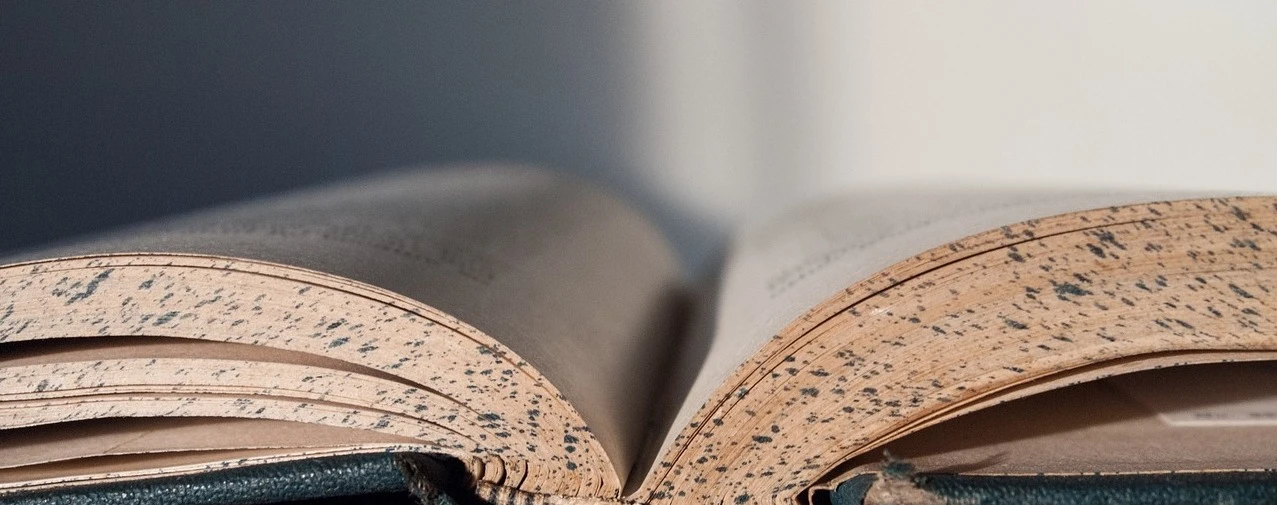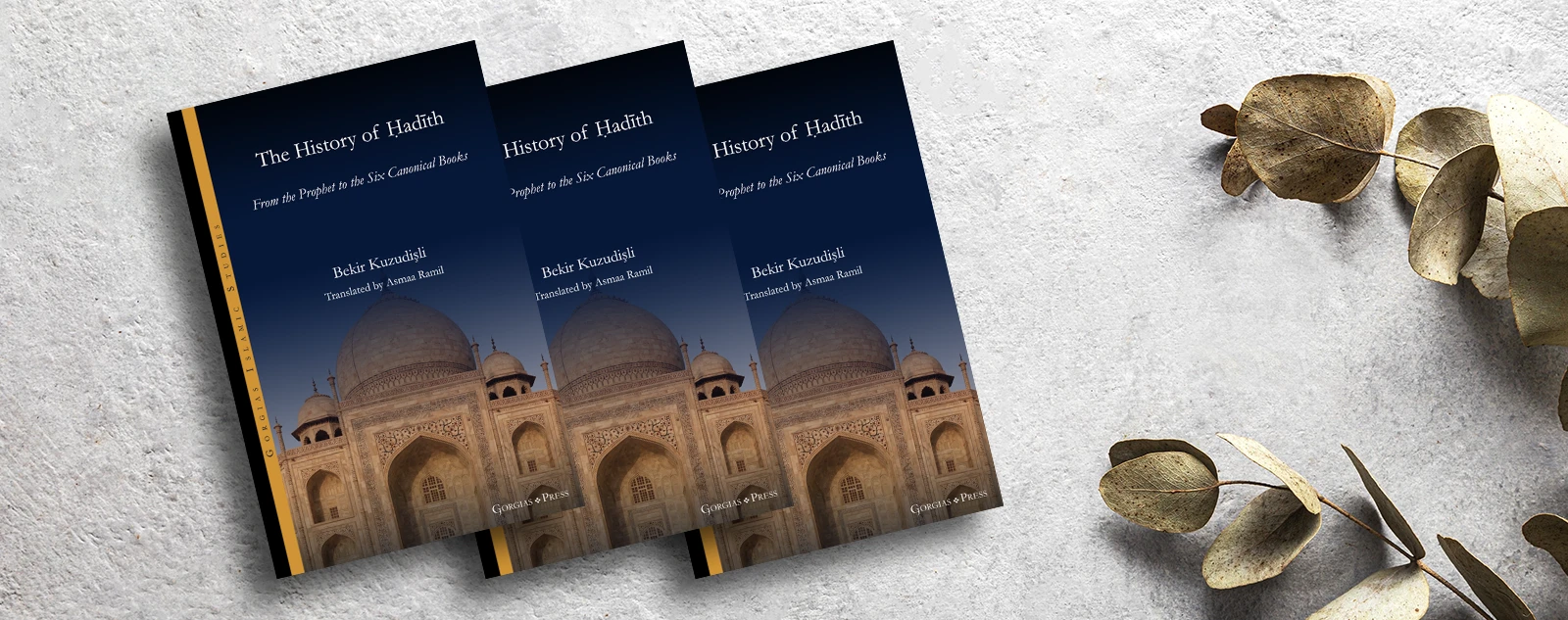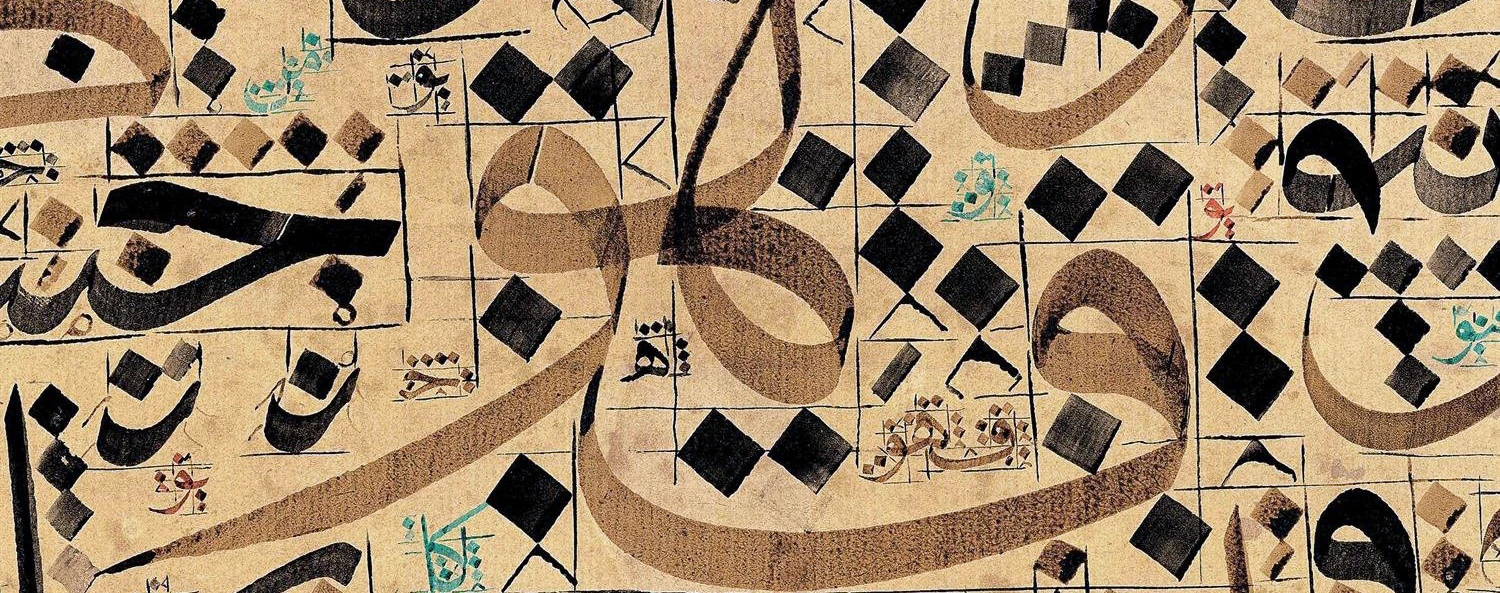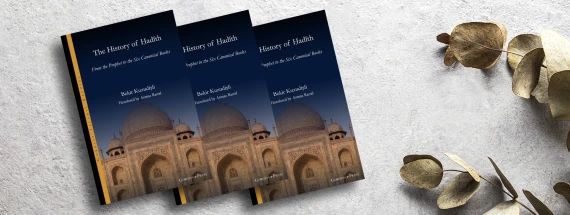
The meeting with Turkish scientists was very interesting in many ways. A group of Muslim intellectuals said, “The Prophet. His discussion about "Muhammad (pbuh) and the image of Islam in the West" is a special occasion today. The meetings with our Turkish brothers were eye-opening and it was a good experience that showed how a synergy can be created between the Muslim brothers in Turkey and the Islamic world on the one hand, and the Islamic community in Europe on the other. I was very impressed with the effectiveness of the Meridian Support Association, the kindness of the people who took part in the meeting, and the personalities of all the scholars and representatives I met these days.




































